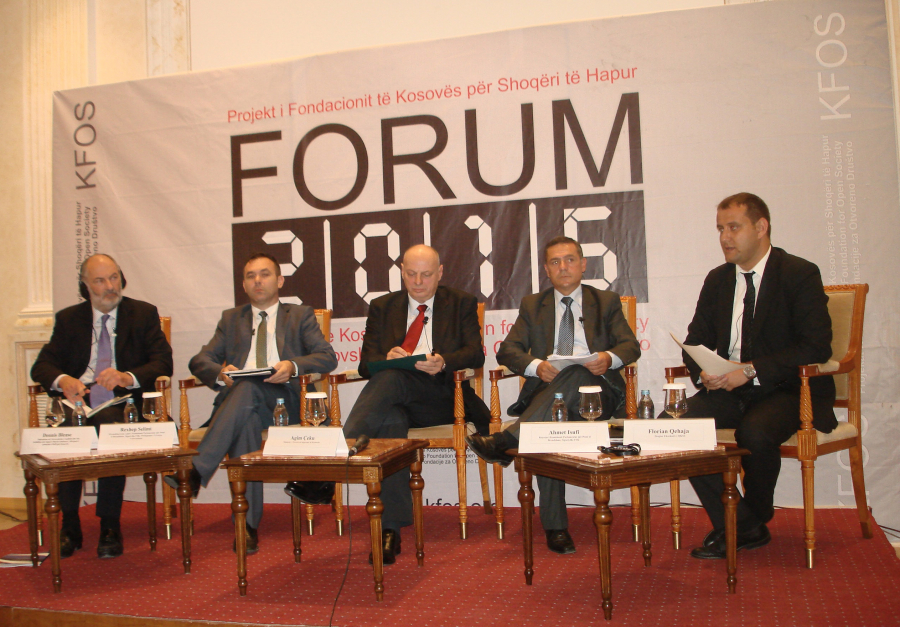Security Sector in Kosovo has gone through three phases of development: First phase (1999-2005) includes the phase of establishing the security sector from scratch where international presence had executive role; Second phase (2005-2008) is characterised with the initial transfer of responsibilities from international presence to the local; and Third phase (2008-2013) which reflects the new security architecture (based on Ahtisaari Plan) which resulted with the creation of new security institutions where Kosovo Security Force was highlighted.

Kosovo Security Force (KSF) was built initially with the aim to deliver tasks in the field of civil protection, assist institutions of rule of law and demining. It was and remains one of the most trusted institutions in country and as result; it is considered a pillar of statehood of the country. During the five year period, KSF proved its capacity to fulfil the actual mandate but the institution was characterized with weaknesses in the field of good governance and especially in finance management including building new professional capacities. However, challenges that characterized building of this institution did not deprive it in the beginning of the mandate as it was foreseen in the Ahtisaari Plan where a conduction of review was allowed after five years of its creation. The reason for proposing a new mandate consists on the need for consolidation of the institution from ‘bottom-up’ and not from ‘top-down’, referring the fact that so far, security institutions (especially the KSF) have been suggested from outside players and local context and needs were not considered.
Having in mind the need for discussing this issue from non-governmental perspective, Forum 2015 discussed future mandate of the KSF in the context of latest state-building processes in country. The conference will be organized in addition to the process of Strategic Security Sector Review which is led by the Kosovo Government and doing assessments in relation to the future security sector architecture.
This conference discussed findings of a policy document prepared by the Kosovar Centre for Security Studies (KCSS) in relation to the future of KSF. The document elaborated three possible scenarios of the future of KSF based on a contemporary methodology of policy scenarios. This is the first time this subject is open to the wider audience which includes players from civil society and possibility of commenting this issue of Kosovo security interest. The panel was composed of key international and national actors